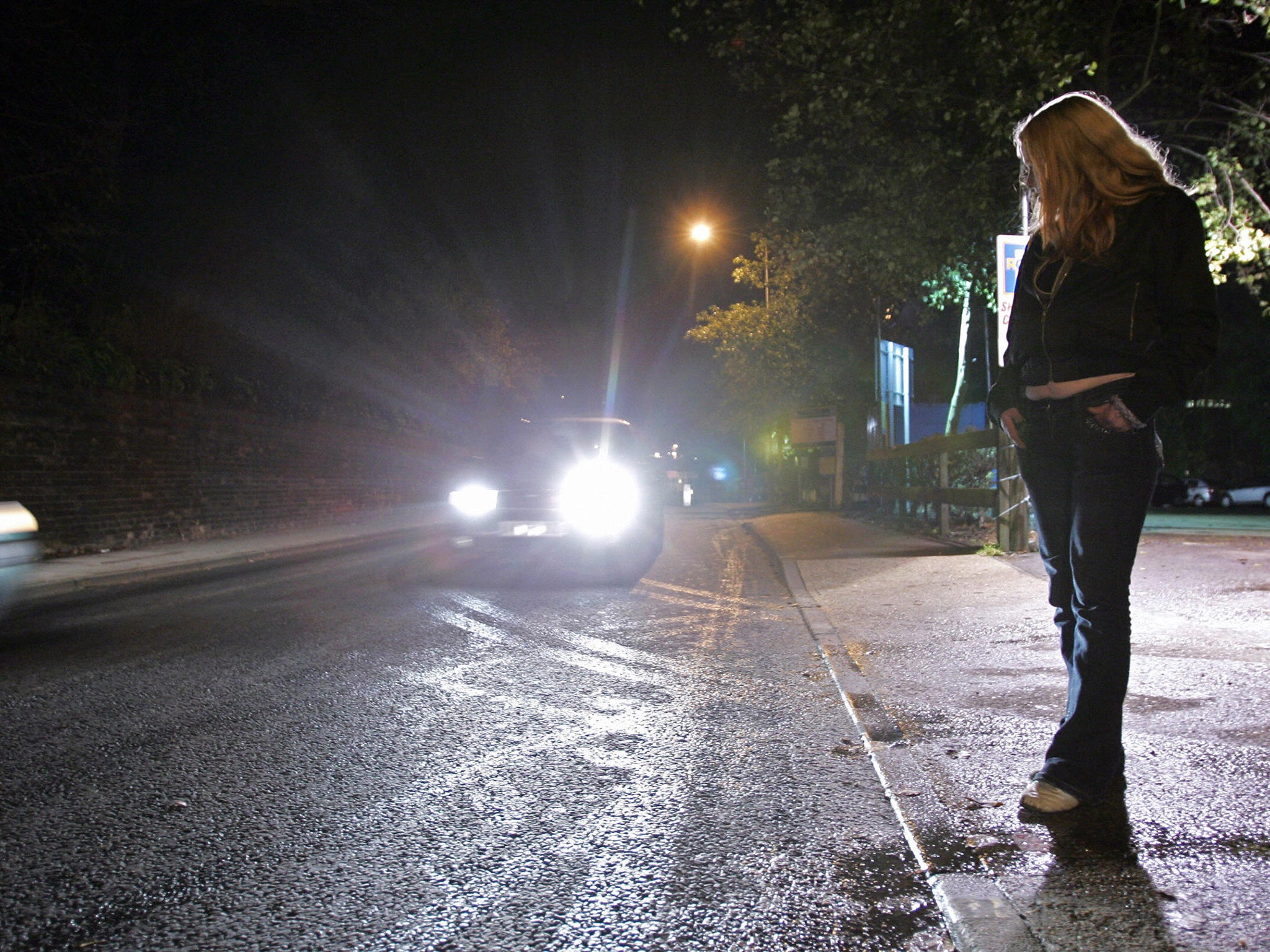Sex workers should be treated as potential victims rather than criminals, police chiefs say
Police can close brothels if they can show that women are being 'controlled' by others

Your support helps us to tell the story
From reproductive rights to climate change to Big Tech, The Independent is on the ground when the story is developing. Whether it's investigating the financials of Elon Musk's pro-Trump PAC or producing our latest documentary, 'The A Word', which shines a light on the American women fighting for reproductive rights, we know how important it is to parse out the facts from the messaging.
At such a critical moment in US history, we need reporters on the ground. Your donation allows us to keep sending journalists to speak to both sides of the story.
The Independent is trusted by Americans across the entire political spectrum. And unlike many other quality news outlets, we choose not to lock Americans out of our reporting and analysis with paywalls. We believe quality journalism should be available to everyone, paid for by those who can afford it.
Your support makes all the difference.Sex workers should be treated as potential victims rather than criminals and the raiding of brothels should stop, according to proposals drawn up by senior officers.
Brothel raids are counterproductive and mean women are less willing to come forward to report violent attacks by their customers, say campaigners.
Activists have claimed that prostitutes preferred to work in the safety of buildings where a communal maid or CCTV added a layer of security, but police raids led to women seeking work on the streets instead.
Selling sex for cash is not a criminal offence but police can close brothels if they can show that women are being “controlled” by others – for example by requiring them to work in a certain place or dictating the number of customers they have to see.
Alex Feis-Bryce, the chief executive of National Ugly Mugs, a group which helps to protect sex workers from violence, said that the current law was “nonsense” and forced women to work less safely. Since 1990, there have been 152 sex workers murdered in the UK, and the murders of five prostitutes in Ipswich in 2006 led to changes in how sex work was policed.
Mr Feis-Bryce, who was part of the group that helped draft the “Policing Sex Work” guidelines, said: “The focus is very much on supporting sex-workers and identifying risks”.